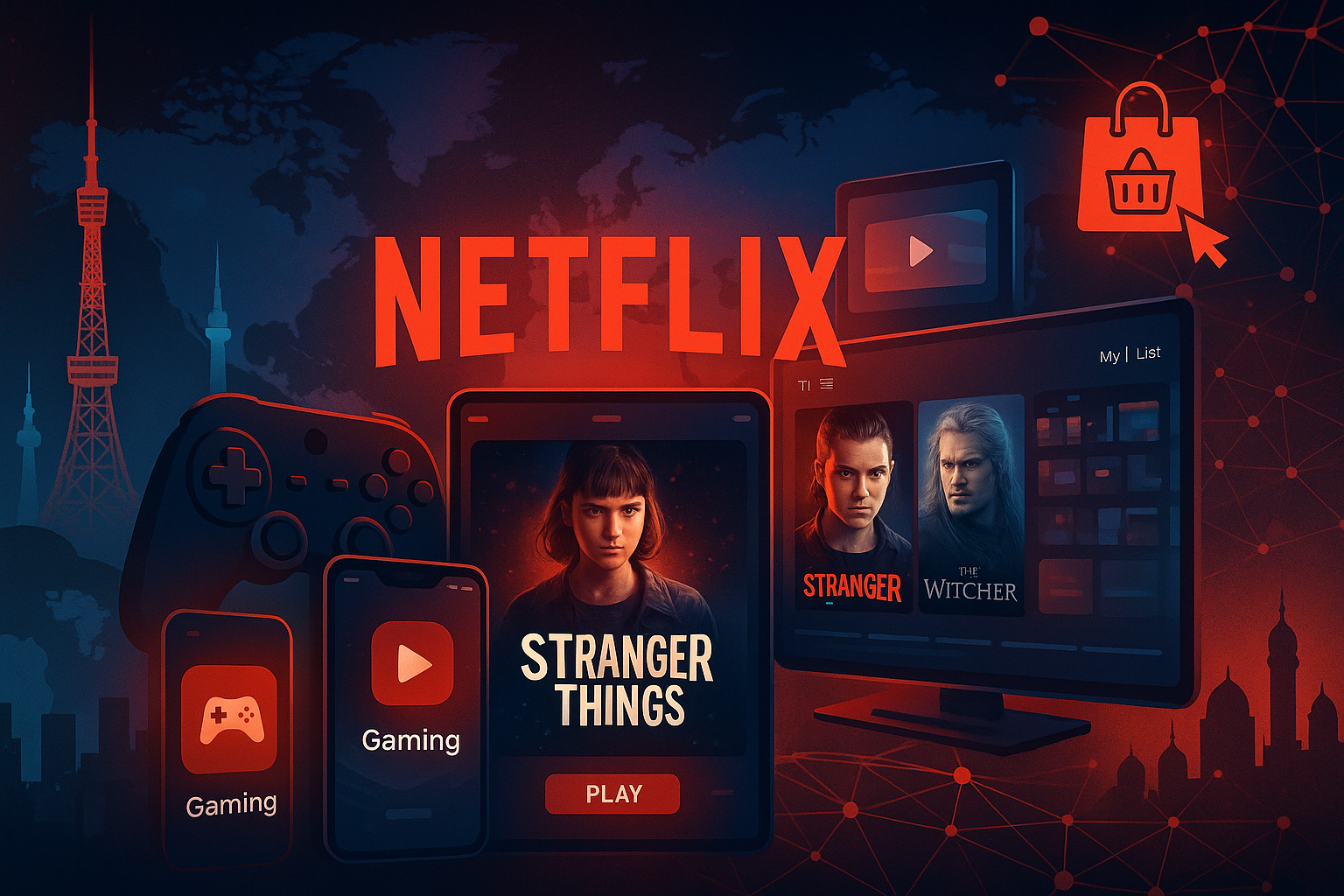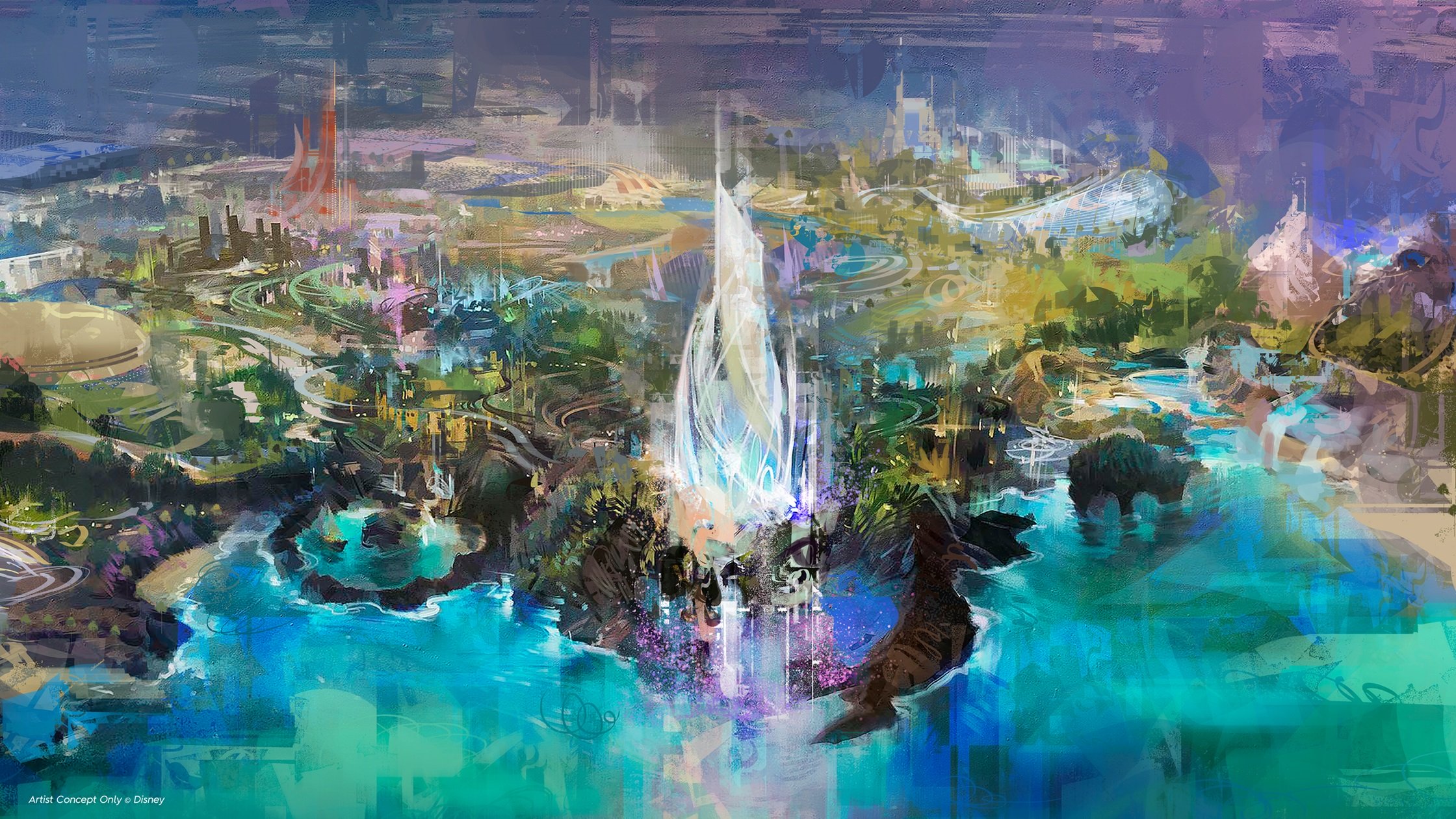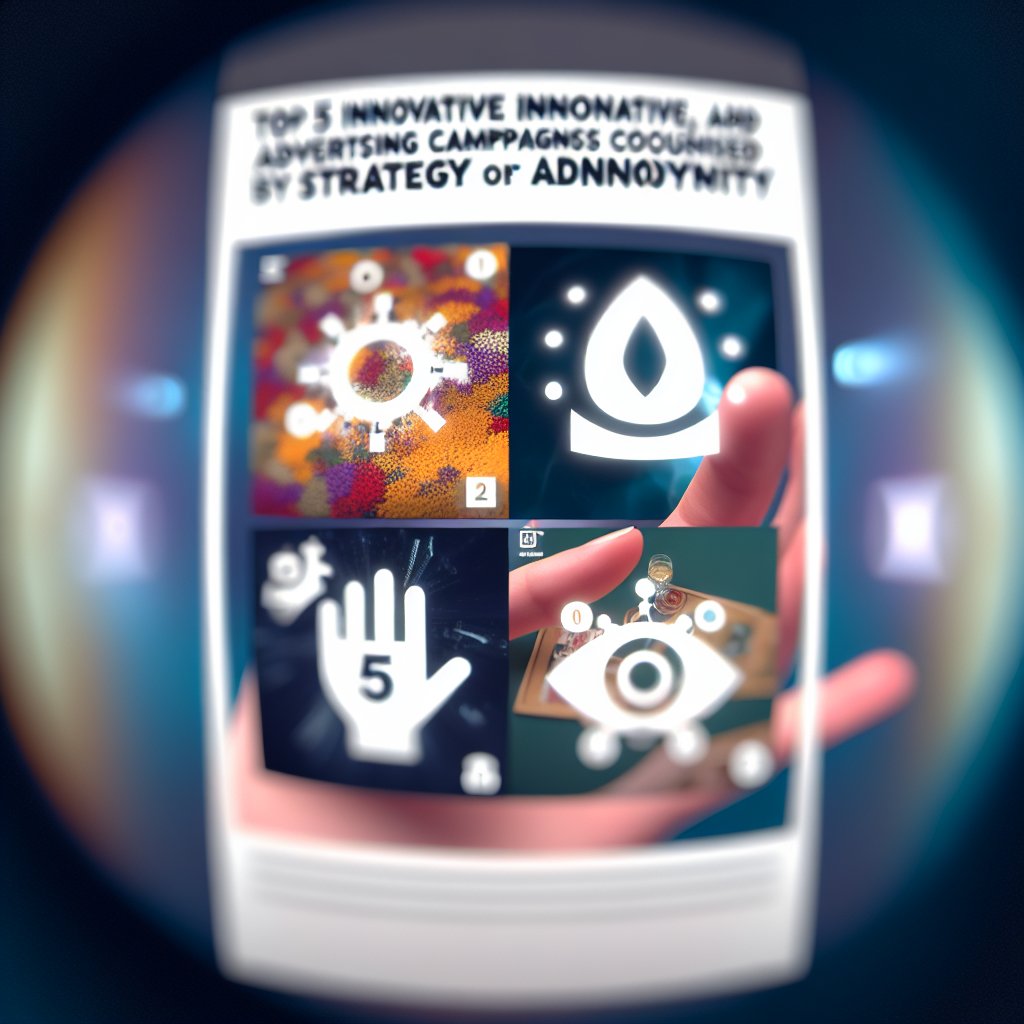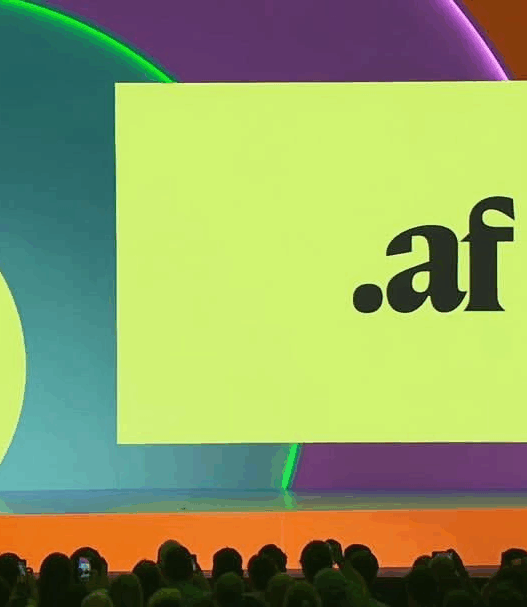In 2025, Netflix—once known purely as the king of streaming—is undergoing a bold and strategic transformation. Faced with growing competition, changing viewer habits, and shifting global markets, the company is pivoting beyond its traditional business model. The streaming giant is no longer just a content platform; it’s becoming a multi-dimensional media and entertainment ecosystem. Here’s how.
1. From Streaming Platform to Entertainment Powerhouse
Netflix’s original content strategy remains strong, but in 2025, it’s no longer the only card in its deck. The company is increasingly investing in franchises, intellectual property (IP) expansion, and cross-platform storytelling. Series like Stranger Things and The Witcher are now not just shows—they’re full-fledged universes with games, merchandise, spin-offs, and even live events.
Netflix has realized that IP is the new oil. And it’s drilling deep.
2. Ads Are Officially In
After resisting advertisements for over a decade, Netflix entered the ad-supported streaming model in 2023. By 2025, this tier has evolved into a sophisticated revenue stream powered by AI-driven ad personalization, brand partnerships, and shoppable content. Viewers can now click to purchase products featured in shows in real-time—blending commerce and content seamlessly.
This pivot reflects the larger trend of “streamfluencing,” where content doesn’t just entertain—it sells.
3. Gaming: Netflix’s New Frontier
Netflix Games, once a small experiment, has grown into a serious contender in the gaming world in 2025. With mobile-first titles, console-quality releases, and even cloud-based gaming trials underway, Netflix is tapping into a $300+ billion industry.
Crucially, the games are tied to its shows—think Black Mirror interactive episodes or Squid Game challenges playable on your phone. This transmedia approach increases engagement and loyalty, especially among Gen Z audiences.
4. Globalization 2.0
Netflix’s localization efforts are now hyper-local. The company is doubling down on non-English content, investing heavily in regional studios across South Korea, India, Nigeria, and Latin America. But in 2025, it’s not just about translation—it’s about cultural immersion.
Expect AI-assisted dubbing with emotional accuracy, region-specific story arcs, and even interactive formats that allow users to choose local language dialects or cultural settings.
5. AI and Content Personalization
Netflix is leading the industry in deploying generative AI to personalize not just recommendations, but trailers, artwork, and even story outcomes. It’s experimenting with dynamically generated previews tailored to a viewer’s watch history.
This AI-driven pivot helps Netflix solve the age-old problem of content overload—ensuring users find something they want to watch in seconds, not minutes.
6. Theatrical Returns and Live Content
Interestingly, Netflix is now warming up to what it once disrupted—theatres. Select high-budget films and award-season contenders are getting exclusive theatrical runs, not only to drive revenue but to qualify for global awards and build cinematic prestige.
Moreover, live content is booming—stand-up specials, global events, and even sports rights (still limited but expanding) are part of the 2025 Netflix experience.
7. Creator Economy Integration
In 2025, Netflix has begun integrating with the creator economy, enabling select influencers, filmmakers, and even audiences to co-create content. Its Creator Incubator Program supports indie filmmakers and gives emerging creators access to its distribution network, studio tools, and audience analytics.
This crowdsourced creativity may not just be a pivot—it might define Netflix’s next-gen content strategy.
Conclusion: Reinventing the Stream
Netflix’s pivot in 2025 is a masterclass in media evolution. While competitors chase volume and library size, Netflix is focused on ecosystem building, creator empowerment, and next-gen audience engagement. The brand that once killed the DVD is now reimagining what it means to be a global entertainment platform.
And if history tells us anything—Netflix isn’t just adapting to the future. It’s trying to invent it.














